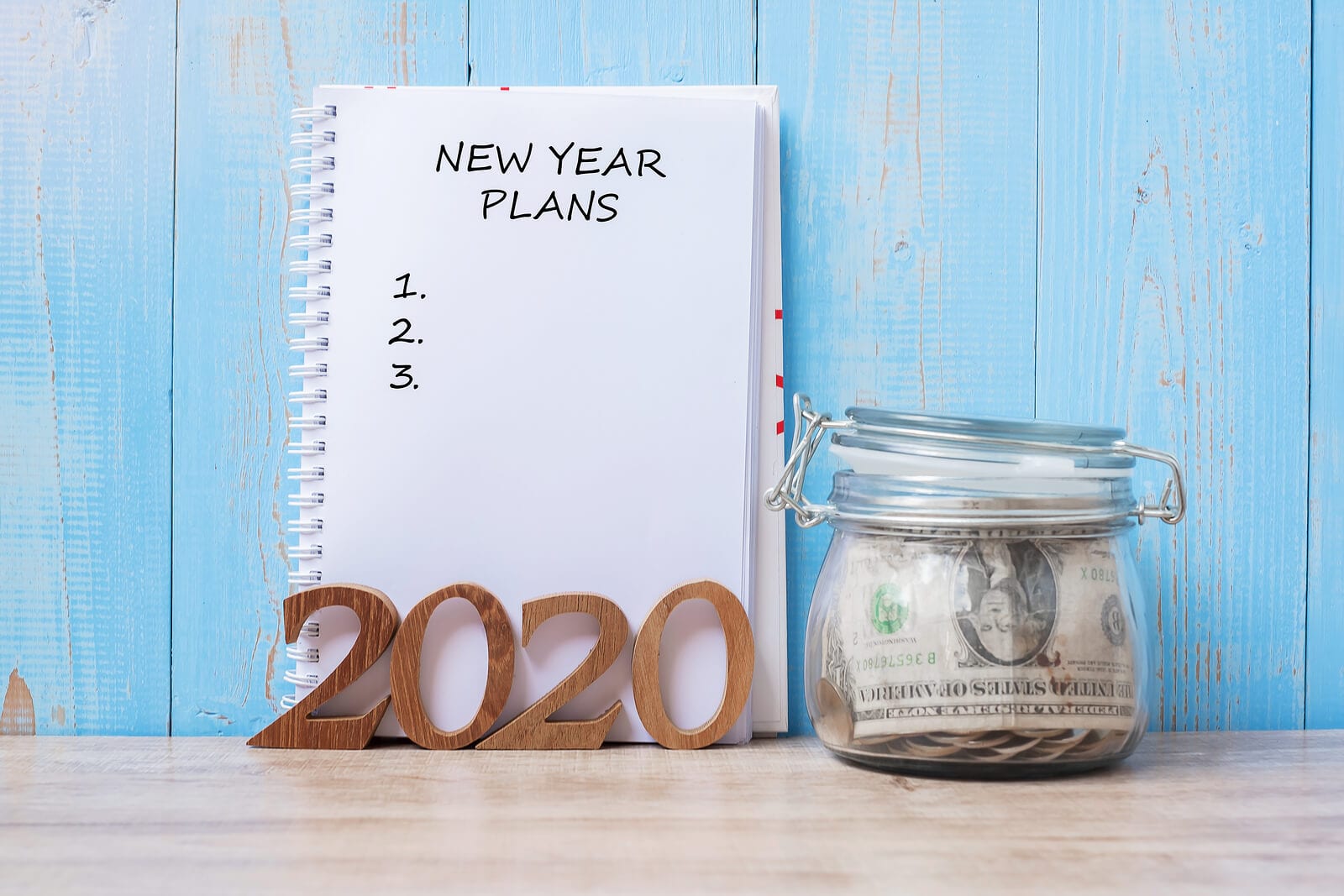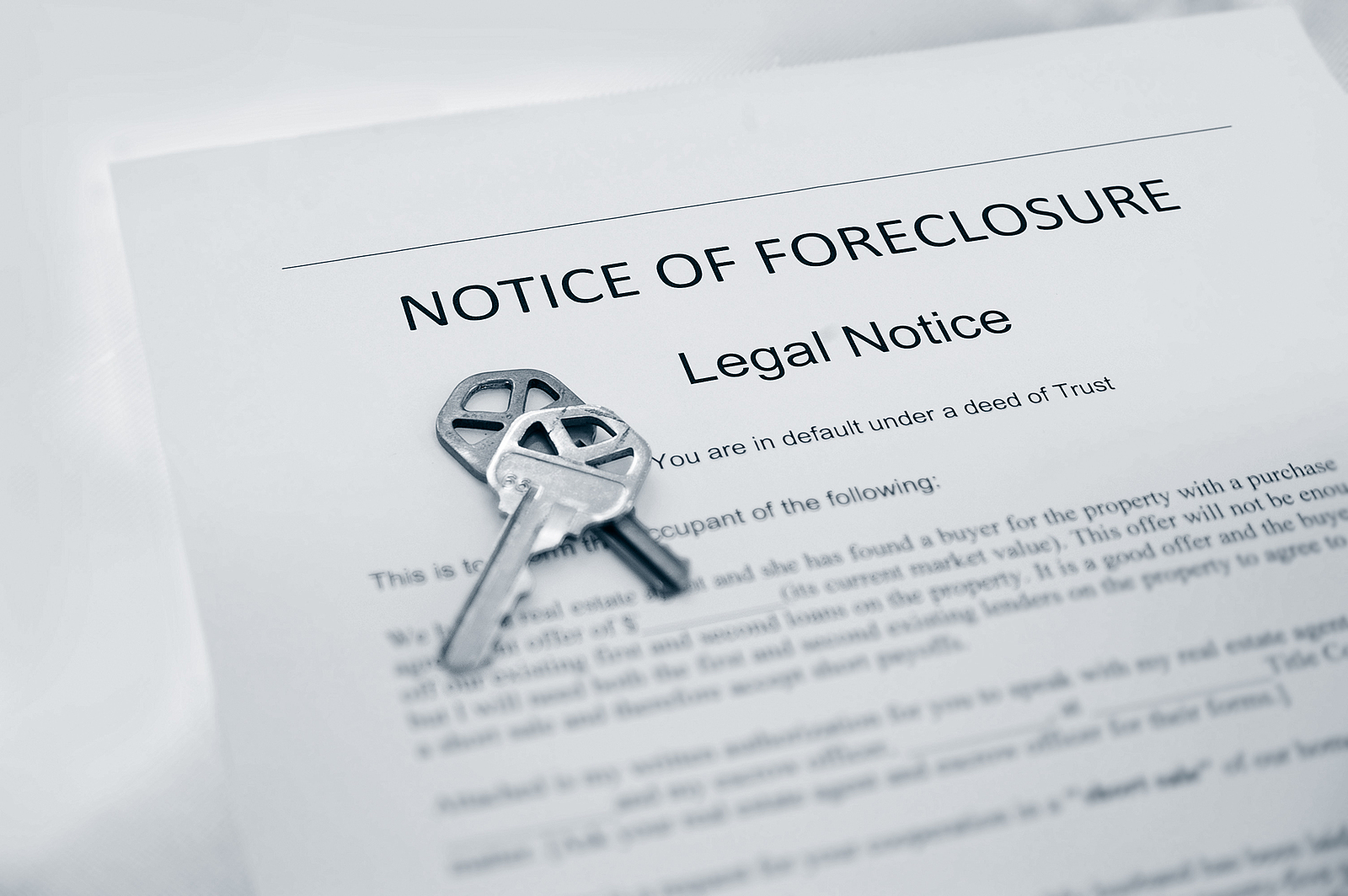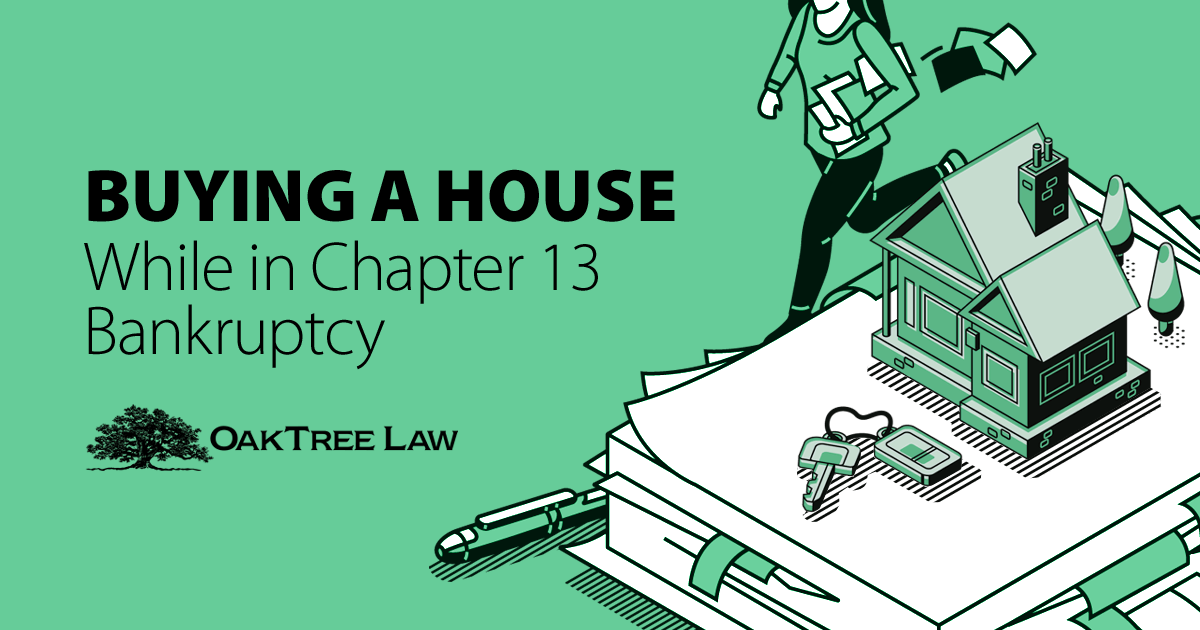Consumer debt surpassed $4 trillion in December 2018, according to the Federal Reserve. This includes revolving credit card debt, which now stands at over $1 trillion.1 At the end of 2018 alone, more than $41 billion in outstanding credit card balances was added. And, according to data from Experian, the average American has a credit card balance of $4,293.2
Debt-Free Resolutions
Here are some reasons to have a debt-free goal.
Large amounts of debt can adversely affect your credit score, raise your interest rate, or lead to bankruptcy, foreclosure, finances collection, and other stressful financial situations. If you’re unable to make payments, you’ll face late fees and potential garnishment of your paycheck, while making only minimum payments won’t help much. You might pay thousands of dollars more in interest.
If you can’t pay off all your debt, create a plan that focuses on key goals to improve your financial situation. Some examples include:
- Pay 10% to 20% of your total debt by the end of the year
- Check your credit report for errors or signs of identity theft
- Figure out how to repair your credit
- Change spending habits that encourage debt
- Create a budget and stop living paycheck to paycheck
- Set up an emergency fund, so you don’t depend on credit
However, if you are unable to pay your bills and get your personal debt under control, the following methods can help:
Personal Repayment Plan
Figure out how much money you can pay towards your debt by reviewing your budget. If you have multiple credit card balances, check which creditor has the highest interest rate. Pay more to that creditor while sending minimum payments to other creditors. You can also try paying more money to the creditor you have the lowest balance with. Send the same amount of money each month until your debts are paid off.
Debt Management Plan
If you need help with debt repayment, working with a credit counselor can help. They can review your monthly bills and expenses, compare them to your income, and discuss your repayment options. With a structured payment plan, you can set yourself up to repay all your debt within five years. Benefits to this plan include having a single monthly payment, reduced interest, and no more collection calls.
Here are some other debt management options:
- Debt Settlement: Consolidating your debt directly with a credit card company or third-party can enable you to pay off some of your debt more quickly. You may be required to make payments into an escrow account. The settlement company collects these funds until there’s enough to negotiate and settle all the debt with your creditors.
- Loan Modification: A modification to your existing agreement can include extending the terms of your loan or reducing the interest rate. Also, a homeowner may modify their loan to deal with financial hardship or if they find out the remaining principle is more than what their property is worth.
Bankruptcy Plan
Filing for bankruptcy can be part of your New Year’s resolution because you can start off fresh. A job loss, divorce, medical emergency, or another life event can create financial difficulties beyond your control. Acting at the right time can avoid more serious financial consequences such as wage garnishments, foreclosures, and more credit damage.
Your options include Chapter 7 bankruptcy, which discharges large amounts of unsecured debt, such as credit card balances. If you have a regular income, a Chapter 13 repayment plan, which gives you three to five years to pay off your debt, can be set up. It is otherwise known as the wage earner’s plan.
If you’re considering steps to live debt-free, contact a Los Angeles bankruptcy attorney at OakTree Law, who can discuss your financial situation and options. We can help with bankruptcy, loan modification, foreclosure, and more. For additional information, request a free evaluation or give us a call at 888-318-1603.








